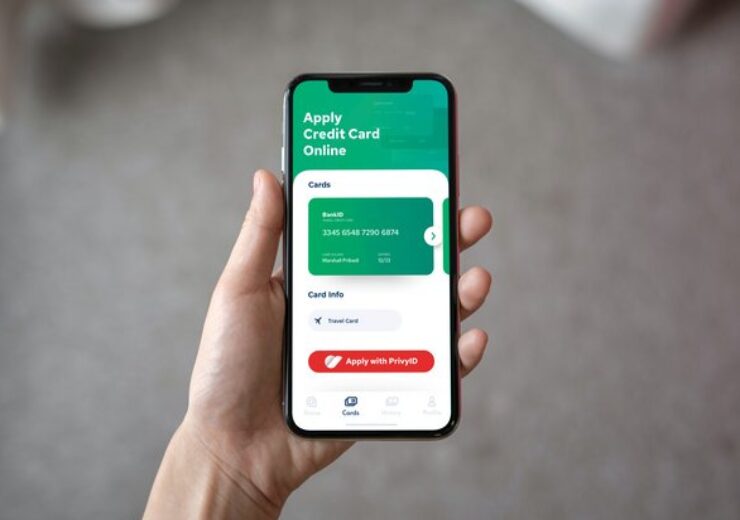

“I think there’s a desire to see how it rolls out a little further.” Kubly pointed out that the department can focus more intently on the issue after the rollout of the first 300 stations this year.Īfter interning at CDOT in 2012 and helping to site bike-share stations, Carney looked into how other bike-share programs in the United States were engaging unbanked residents as part of his graduate studies. Carney reviewed the efforts of seven current and planned bike-share programs across the continent and produced a report including strategies that CDOT has adopted. “I think it’s a question from shared liability standpoint, I think there’s some concern about that,” he said. One issue the organizations have had with the proposed arrangement, Kubly said, is the perceived risk involved. (The second biggest challenge: siting stations.) Making Divvy accessible to unbanked Chicagoans, he said, has been the department’s biggest challenge in rolling out the bike-share system. CDOT’s strategy is to partner with organizations that can take on the liability of the membership and replacement bike costs, and to promote Bank On Chicago, a program run by the city treasurer in which banks reduce the barriers to opening a checking account.ĬDOT Deputy Commissioner Scott Kubly says the agency has “talked to a few nonprofits and talked to a few churches” but that interest has been light so far. The Chicago Department of Transportation has set out to make Divvy more accessible to “unbanked” residents. That translates to at least 135,000 people and perhaps more than twice that number, Carney’s demographic research indicates.

A significant share of city households - 12.7 percent - don’t have bank accounts, according to graduate research by Michael Carney at the University of Illinois at Chicago’s College of Urban Planning and Public Affairs. Currently, there’s no way around that, so even though an annual Divvy pass is a bargain at $75, the system is unavailable for many Chicagoans.

To use Divvy you must have a debit or credit card. Currently, to unlock 300 bike-share stations, you need a credit card.


 0 kommentar(er)
0 kommentar(er)
